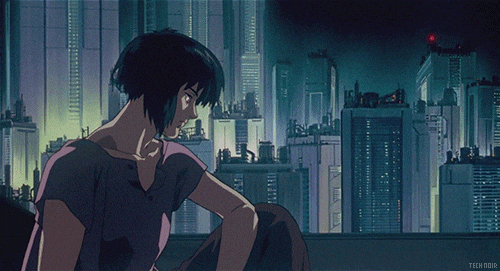The cyberpunk classic, "Ghost in the Shell," raises several thought-provoking questions about ethics and technology. As we delve into a world where humans can upload their consciousness to machines or have their bodies replaced with robotic parts, it's essential to consider the ethical implications of these advancements.
One significant aspect is privacy. In "Ghost in the Shell," characters often have their minds probed for information by others without consent. This raises questions about how much control individuals should have over their own thoughts and memories. It also highlights concerns around surveillance, as seen with the government's ability to monitor citizens at will.
Another ethical consideration is identity. With humans able to transfer their consciousness into different bodies or machines, what defines an individual? Is it still the same person if they change physical forms? This challenges traditional notions of self and raises questions about personal responsibility when one can so easily alter their appearance or abilities.
In conclusion, "Ghost in the Shell" serves as a cautionary tale about the potential dangers lurking within technological advancements. It forces us to confront difficult ethical questions that may become reality sooner than we think. As society continues to progress at breakneck speed, it's crucial to engage with these issues now rather than later.
